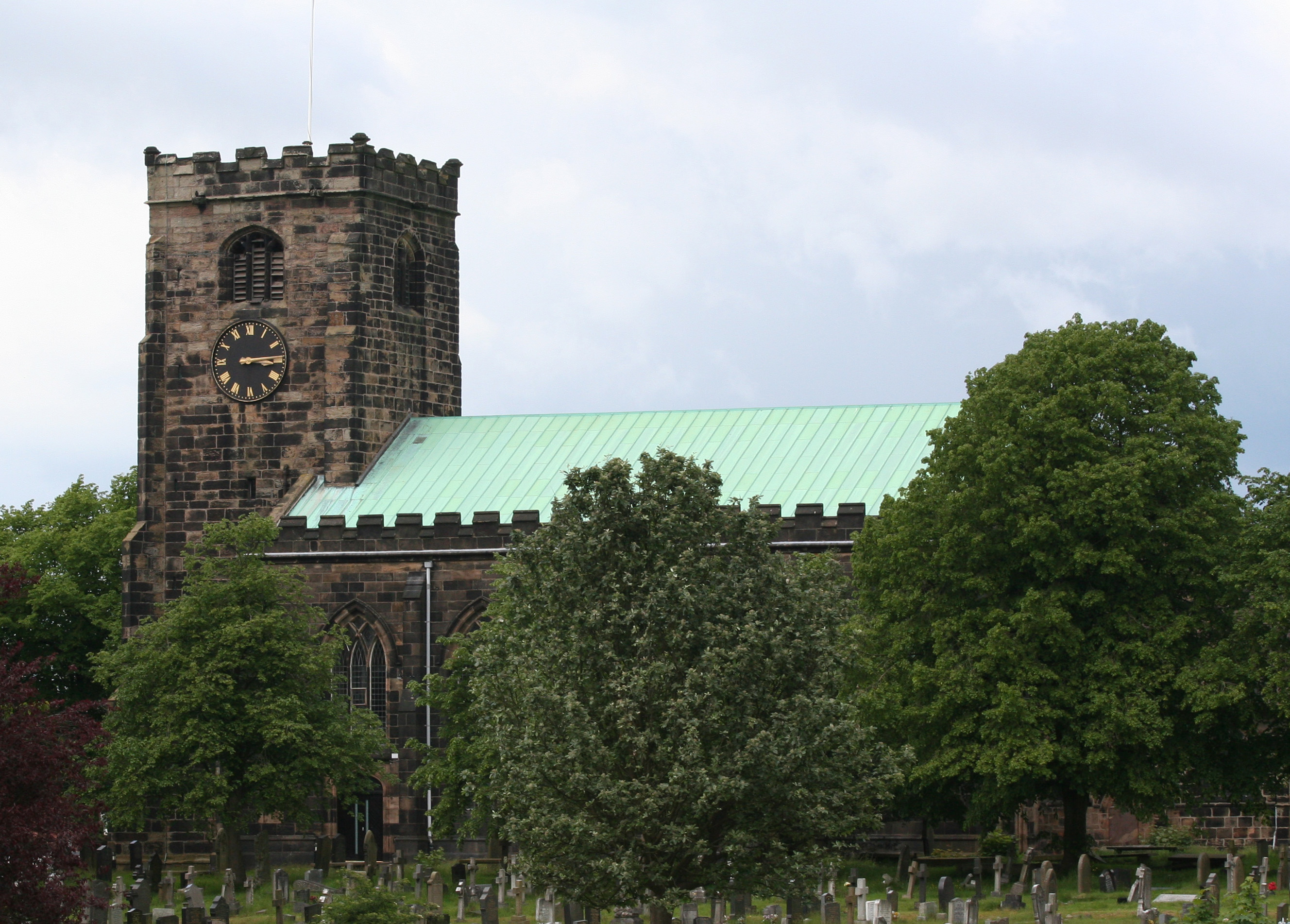|
Wellfield Academy
Wellfield Academy (formerly Wellfield High School) is a coeducational secondary school located in Leyland in the English county of Lancashire. Wellfield High School was previously awarded specialist status as a Business and Enterprise College. Today, Wellfield Academy is a Community school administered by Lancashire County Council, however, while remaining a Community School, Wellfield Academy is currently being operated by the Endeavour Learning Trust, a multi-academy trust. Wellfield Academy offers GCSEs The General Certificate of Secondary Education (GCSE) is an academic qualification in a particular subject, taken in England, Wales, and Northern Ireland. State schools in Scotland use the Scottish Qualifications Certificate instead. Private sc ... as programmes of study for pupils. References External linksWellfield Academy official website Secondary schools in Lancashire Schools in South Ribble Leyland, Lancashire Community schools in Lancashire {{La ... [...More Info...] [...Related Items...] OR: [Wikipedia] [Google] [Baidu] |
Community School (England And Wales)
A community school in England and Wales is a type of state-funded school in which the local education authority employs the school's staff, is responsible for the school's admissions and owns the school's estate. The formal use of this name to describe a school derives from the School Standards and Framework Act 1998.School Standards and Framework Act 1998 Her Majesty's Stationery Office. Board School |
Leyland, Lancashire
Leyland () is a town in South Ribble, Lancashire, England, six miles (10 km) south of Preston. The population was 35,578 at the 2011 Census. The name of the town is Anglo-Saxon, meaning "untilled land". History English Leyland was an area of fields, with Roman roads passing through, from ancient Wigan to Walton-le-Dale. It was left undisturbed for many centuries until rediscovered shortly after the Battle of Hastings (1066). Leyland is mentioned in the Domesday Book (1085). In 1066, King Edward the Confessor presided over the whole of Leyland. The manor was divided into three large ploughlands, which were controlled by local noblemen. In the 12th century, it came under the barony of Penwortham. The area of Worden, which is now Worden Park, was one of nine oxgangs of land granted to the Knights Hospitaller, by Roger de Lacy, in Lancashire, but the land was not assigned to any individual and a local man, who was a very close friend of de Lacy, Hugh Bussel, was assigned ... [...More Info...] [...Related Items...] OR: [Wikipedia] [Google] [Baidu] |
Lancashire
Lancashire ( , ; abbreviated Lancs) is the name of a historic county, ceremonial county, and non-metropolitan county in North West England. The boundaries of these three areas differ significantly. The non-metropolitan county of Lancashire was created by the Local Government Act 1972. It is administered by Lancashire County Council, based in Preston, and twelve district councils. Although Lancaster is still considered the county town, Preston is the administrative centre of the non-metropolitan county. The ceremonial county has the same boundaries except that it also includes Blackpool and Blackburn with Darwen, which are unitary authorities. The historic county of Lancashire is larger and includes the cities of Manchester and Liverpool as well as the Furness and Cartmel peninsulas, but excludes Bowland area of the West Riding of Yorkshire transferred to the non-metropolitan county in 1974 History Before the county During Roman times the area was part of the Bri ... [...More Info...] [...Related Items...] OR: [Wikipedia] [Google] [Baidu] |
